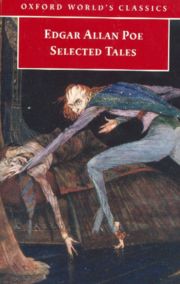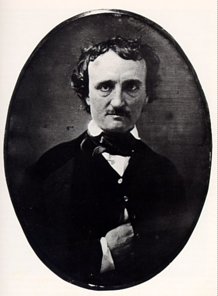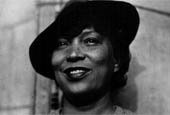
Click here to listen to audio clips of Zora Neale speaking (and even singing!) from the Online Classroom of the Florida Memory Project.
What do you think of that? Post a comment!
An interactive blogsite devoted first to students in David Pulling's freshman composition classes at LSUE, but also open to visitors from the world-wide web. This site is provided as a supplemental ideal mill, watering hole, and feeding trough for students beating their writing desks and keyboards in the throes of rhetorical and poetical invention. Students as well as visitors from the general public are welcome, even encouraged, to post comments that add to the common good.

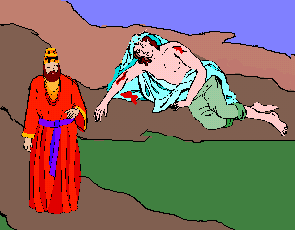
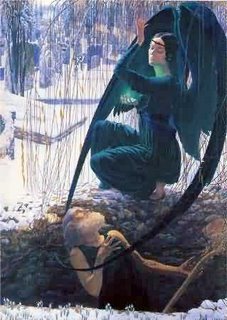
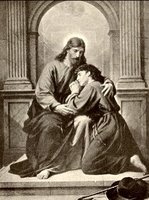
 Click here to the Wikipedia free encyclopedia article about Alice Walker, her life and times. The article is rich with other links to websites, photos, and even videos. Check out Alice's life and times.
Click here to the Wikipedia free encyclopedia article about Alice Walker, her life and times. The article is rich with other links to websites, photos, and even videos. Check out Alice's life and times. 

